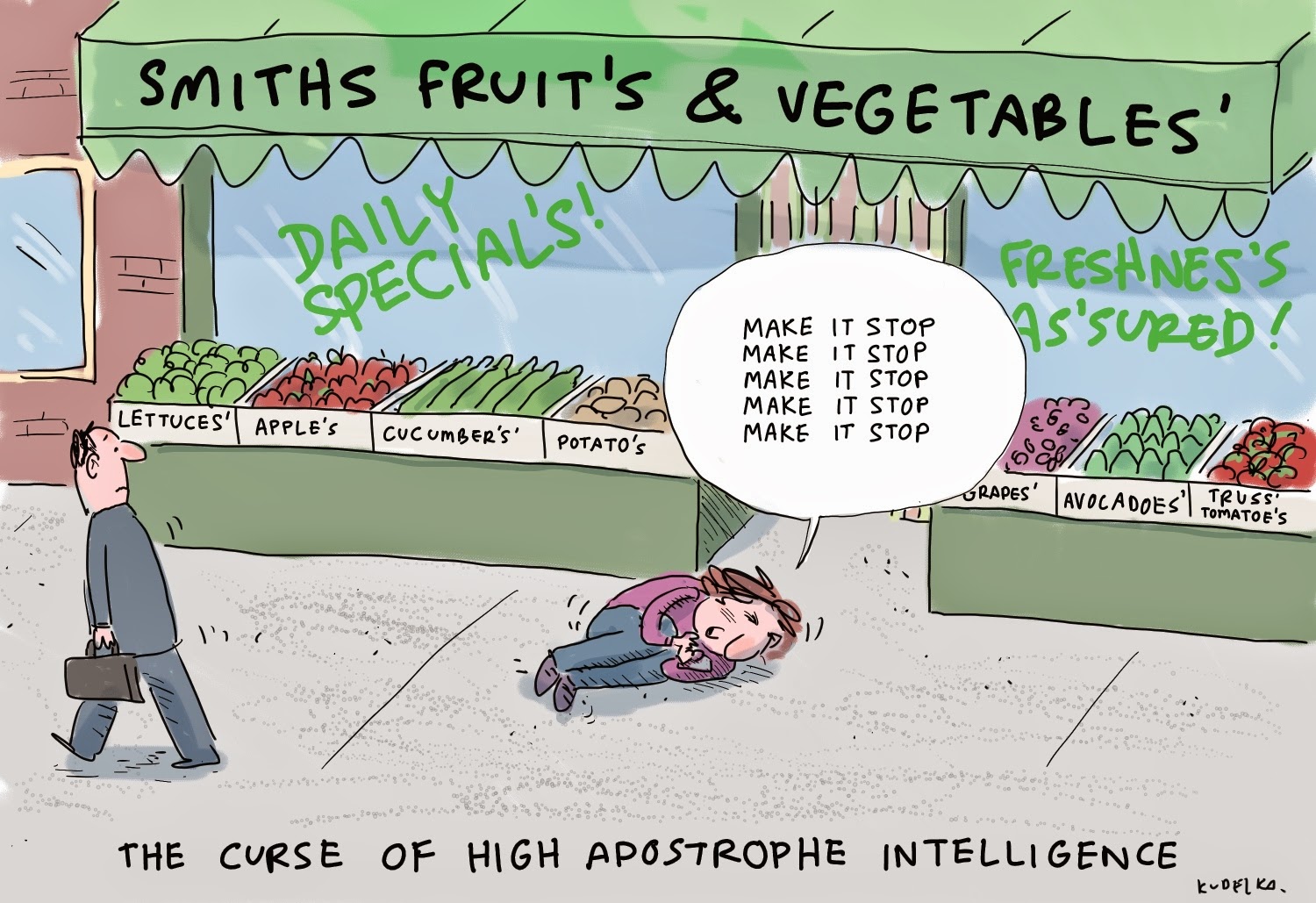The ‘RSA Daily’, expertly and conscientiously compiled by Meredith Doig, reaches my email each weekday morning at a time proving that she has been busy while many of us are still asleep.
A recent (1 April 2021) issue included: “Five words that don’t mean what you think they do” — citing an article from theconversation.com.
“How words are used change [sic] over time and insisting that their original meaning be adhered to is pretty silly.”
I want to present here an alternative viewpoint, which I hope will not be regarded as silly, hoping to provoke some thought and discussion.
I accept, albeit with varying degrees of reluctance, some of the language changes that are forced upon us. I am aware that dictionaries are descriptive, not prescriptive. But, in the interests of effective, accurate, elegant and unambiguous communication, surely there needs to be at least some level of prescriptiveness.
It’s my contention that many such changes arise from educational deficiencies, sloppiness and lack of caring, and do not in any way improve our language.
A judge trying a case must be disinterested but, owing to frequent misuse of language, we now need to take great care to avoid being misunderstood if we use that word.
A word that can, logically, only refer to control of large animals has been taken to describe angry humans. Surely ‘ropeable’ can only possibly refer to something that’s capable of being roped.
Even the ABC does not seem able to deal correctly with the problem of lie/lay vs lay/laid. At the time of writing, ABC News reported that the Pope was observed “laying” on the floor during Easter services at the Vatican, but they didn’t state what he was laying. Perhaps his DIY project was intended to avoid depleting Vatican funds which could have resulted if he had engaged a tradesperson.
If I am involved in some interaction with the police and ordered to “lay down”, do I have the right to remain standing and enquire: “Lay what? Carpet or tiles or lino?”
Who decided that ‘irregardless’ should be added to our lexicon? Or that ‘criteria’ and ‘phenomena’ should be singular nouns?
Dialect variations can indicate geographical origins and different socio-economic groups. Does this mean we have to accept as good English the use of ‘me’ as a possessive pronoun and ‘come’ and ‘seen’ as past tense? As in: “Me mates come over yesterday and we seen an accident happen up the road.”
Suppose I have a dog and it goes missing one day. I might decide to print some flyers to place around the neighbourhood. But if I decide that ‘dog’ really should be spelled C-A-T how effective is my attempted communication likely to be?
Must we really accept a superfluous letter and an extra syllable being added to ‘mischievous’ (MISS-chee-vuss) resulting in the vulgar, but increasingly common, ‘mischievious’ (miss-CHEE-vee-uss)?
Disconnect between the written word and the spoken word results from ‘must have’ and ‘should have’ being abbreviated in speech to “must’ve” and “should’ve” (likewise for ‘could’ and ‘would’). We now see increasing prevalence in writing of ‘must of’ and ‘should of’. I hope no one wants to assert that this is now considered an acceptable aspect of linguistic evolution.
The word employed to describe people (mostly males) who are same-sex attracted used to be ‘homosexual’. But since about the 1960s, members of this community have preferred the word ‘gay’ which used to mean happy or light-hearted or carefree. While we accept that they can self-describe as they wish, the effect is that ‘gay’ has been stolen from the language, in the sense that it can no longer be used for what was its generally accepted meaning.
There’s a well-known ice cream confection marketed as “Golden Gaytime” and we now have an odd situation in which the community that ‘stole’ a word from the language wants to compel the makers of this product to change its name.
It was reported recently that “a boat sunk in Port Phillip Bay”. ‘Sunk’ is the past participle so we could say “a boat was sunk … ” but the simple past tense is ‘sank’.
An email from my accountant begins: “Hi Jeff, I hope your well”. I’m tempted to reply: “Hi John, you hope my well is … what? You didn’t complete the sentence.” But I live in an apartment so I don’t even have a well.
And I’m now close to my word-count limit for this column, so don’t get me started about apostrophes!
Although we must accept language evolution, I maintain we need compliance with some rules in order to avoid dumbing down, otherwise we risk descending into linguistic anarchy and chaos.
Sometimes it’s necessary to put one’s foot down with a firm hand and say: “Stop! That’s not correct.”
So, how much prescriptiveness should we aim for? What’s the ‘Goldilocks’ level?
My short answer is: I don’t know. But a line must be drawn so let’s at least think about it.
This article was originally published in the June 2021 edition (vol. 121) of Australian Rationalist.





